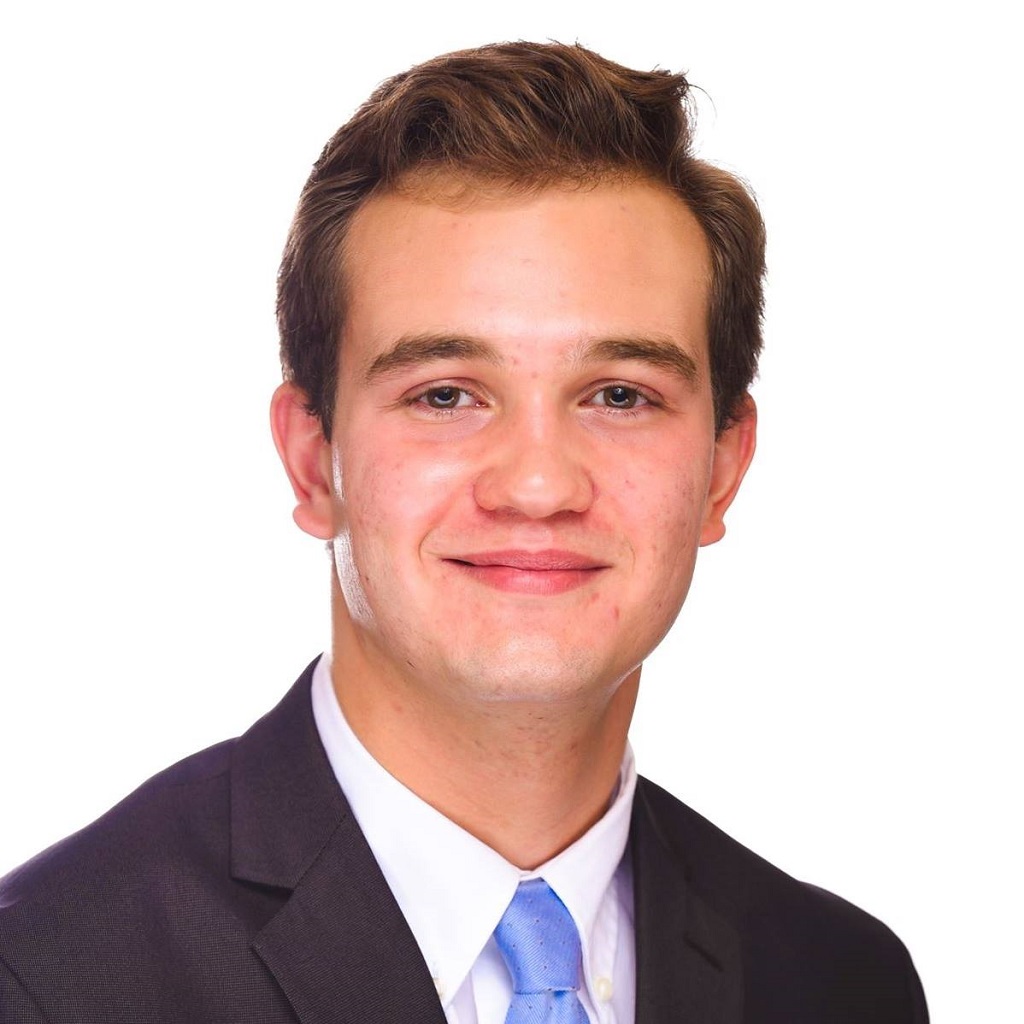Today's Headlines and Commentary
In June 2016, Donald Trump Jr. met with a Kremlin-connected lawyer who promised to provide damaging information about Hillary Clinton, The New York Times reports. In the meeting, which included adviser Jared Kushner and then-campaign chairman Paul Manafort, Trump spoke with attorney Natalia Veselnitskaya.
In June 2016, Donald Trump Jr. met with a Kremlin-connected lawyer who promised to provide damaging information about Hillary Clinton, The New York Times reports. In the meeting, which included adviser Jared Kushner and then-campaign chairman Paul Manafort, Trump spoke with attorney Natalia Veselnitskaya. Trump first said that the meeting focused on U.S.-Russia adoption policy, then later said the attorney opened the meeting by claiming to have information on Russian connections to the Democratic National Committee. Kushner voluntarily disclosed the meeting when refiling his SF-86, the application for a security clearance. The Times says it is the first public indication that some members of Trump’s campaign were willing to accept Russian assistance, but White House Chief of Staff Reince Priebus called it insignificant. President Donald Trump denied knowledge of the meeting, and The Washington Post reports that the Kremlin has as well. On Monday, the younger Trump said he is willing to speak with the Senate Intelligence Committee about the matter. Reuters reports that he has hired white collar criminal defense lawyer Alan Futerfas.
Four of the seven memos former FBI Director James Comey wrote following his meetings with Trump contained classified information, The Hill reports. President Trump then tweeted this morning that Comey illegally leaked classified information. Comey testified last month that some of the memos contained classified information and that he gave one non-classified memo to a friend, Columbia Law School professor Dan Richman. He asked Richman to give the memo to the media to increase pressure on Deputy Attorney General Rod Rosenstein to appoint a special counsel. Politico reports that Richman refutes Trump’s tweet, saying the memo he received was not, nor had it ever been, classified.
The Iraqi Prime Minister declared victory in Mosul after the armed forces successfully retook the city from ISIS in a ten month battle, the Times reports. Senior members of Iraqi and U.S. forces called the combat some of the worst they have ever seen. While the victory is both strategically and psychologically important in the campaign against ISIS, the path of reconstruction and normalization ahead will present serious challenges. The Wall Street Journal published a video on the rise and fall of ISIS in Mosul, and The Guardian provides analysis on what comes next in Iraq and the risk of sectarian violence.
Secretary of State Rex Tillerson is in Kuwait today to kick off several days of “shuttle diplomacy” to facilitate an end to the diplomatic crisis in the Gulf that has pitted Qatar against its neighbors, the Journal reports. Qatar ignored the list of thirteen demands Saudi Arabia required to resolve the conflict. An aide stressed that Tillerson was not mediating but rather “listening and finding common ground.”
A team of international investigators into one of Mexico’s worst human rights abuses were targeted by a sophisticated surveillance program that the Mexican government purchased to monitor criminals and terrorists, the Times reports. The initial revelation from the Times that hackers targeted activists, journalists, and others caused considerable outcry from both within and outside of Mexico. The new report indicates that international officials, including those with significant legal privileges, may have also faced surveillance. If true, it would be an even larger expansion of the scandal. The Mexican government denies involvement and has pledged to investigate, but critics have called for an independent inquiry.
In two tweets Sunday morning, Trump suggested the creation of a partnership with Russia on cybersecurity. Facing bipartisan outrage throughout the day, Trump tweeted last night that he did not believe such a partnership was possible. The Post has more.
Two cases major privacy cases may reshape digital privacy law by the end of next year’s Supreme Court term. The Times summarized developments in Carpenter v. United States and Microsoft v. United States. Carpenter, which the Court will hear in October, asks about the standard for obtaining information about a phone’s geographic location under the Stored Communications Act. Microsoft, which is still pending a grant of review, may decide the territorial reach of a warrant to obtain data held outside of the U.S.
ICYMI: This weekend, on Lawfare
Peter Margulies discussed the Ninth Circuit’s dismissal of Hawaii’s appeal of the District Court’s motion denial. He wrote that while the episode is a slight stumble for Hawaii, the Ninth Circuit provided directions for the path forward.
Matthew Kahn posted the Lawfare Podcast.
Jacob Olidort argued in the Foreign Policy Essay that a U.S. zero-tolerance policy for terrorists in allies’ territories is actually a mistake.
Email the Roundup Team noteworthy law and security-related articles to include, and follow us on Twitter and Facebook for additional commentary on these issues. Sign up to receive Lawfare in your inbox. Visit our Events Calendar to learn about upcoming national security events, and check out relevant job openings on our Job Board.




.jpg?sfvrsn=e1000919_5)
